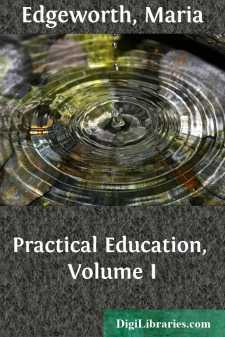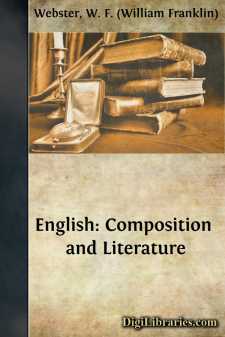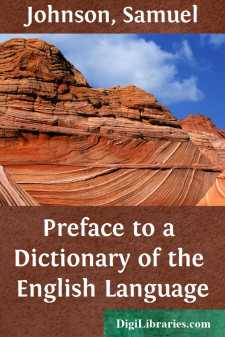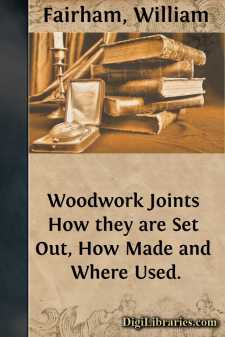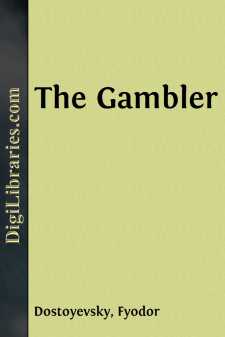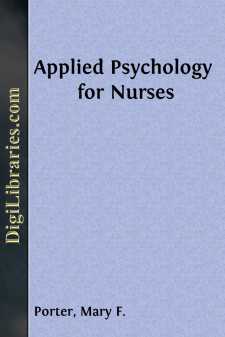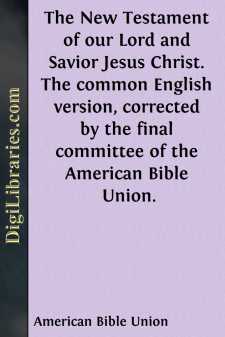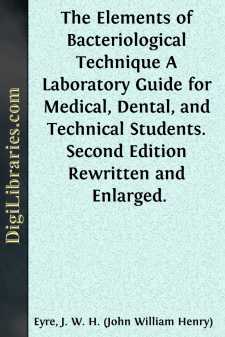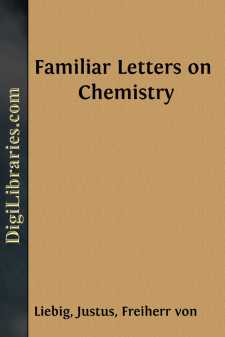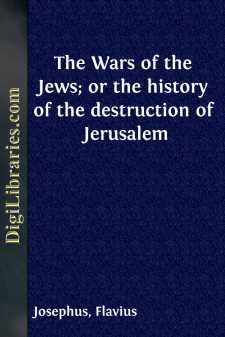Categories
- Antiques & Collectibles 13
- Architecture 36
- Art 48
- Bibles 22
- Biography & Autobiography 813
- Body, Mind & Spirit 142
- Business & Economics 28
- Children's Books 17
- Children's Fiction 14
- Computers 4
- Cooking 94
- Crafts & Hobbies 4
- Drama 346
- Education 46
- Family & Relationships 57
- Fiction 11829
- Games 19
- Gardening 17
- Health & Fitness 34
- History 1377
- House & Home 1
- Humor 147
- Juvenile Fiction 1873
- Juvenile Nonfiction 202
- Language Arts & Disciplines 88
- Law 16
- Literary Collections 686
- Literary Criticism 179
- Mathematics 13
- Medical 41
- Music 40
- Nature 179
- Non-Classifiable 1768
- Performing Arts 7
- Periodicals 1453
- Philosophy 64
- Photography 2
- Poetry 896
- Political Science 203
- Psychology 42
- Reference 154
- Religion 513
- Science 126
- Self-Help 84
- Social Science 81
- Sports & Recreation 34
- Study Aids 3
- Technology & Engineering 59
- Transportation 23
- Travel 463
- True Crime 29
Sort by:
by:
Maria Edgeworth
PREFACE. We shall not imitate the invidious example of some authors, who think it necessary to destroy the edifices of others, in order to clear the way for their own. We have no peculiar system to support, and, consequently, we have no temptation to attack the theories of others; and we have chosen the title of Practical Education, to point out that we rely entirely upon practice and experience. To...
more...
PREFACE In July, 1898, I presented at the National Educational Association, convened in Washington, a Course of Study in English. At Los Angeles, in 1899, the Association indorsed the principles of this course, and made it the basis of the Course in English for High Schools. At the request of friends, I have prepared this short text-book, outlining the method of carrying forward the course, and...
more...
by:
Samuel Johnson
It is the fate of those who toil at the lower employments of life, to be rather driven by the fear of evil, than attracted by the prospect of good; to be exposed to censure, without hope of praise; to be disgraced by miscarriage, or punished for neglect, where success would have been without applause, and diligence without reward. Among these unhappy mortals is the writer of dictionaries; whom mankind...
more...
by:
William Fairham
THE GLUED JOINT The glued joint in its various forms is in use in every country in the world, and is frequently met with in mummy cases and other examples of ancient woodwork. Alternative names under which it is known are the butt joint, the rubbed joint, the slipped joint, whilst in certain localities it is known as the slaped (pronounced slayped) joint.Fig. 1.—Simplest Form of Glued or Rubbed...
more...
At length I returned from two weeks leave of absence to find that my patrons had arrived three days ago in Roulettenberg. I received from them a welcome quite different to that which I had expected. The General eyed me coldly, greeted me in rather haughty fashion, and dismissed me to pay my respects to his sister. It was clear that from SOMEWHERE money had been acquired. I thought I could even detect a...
more...
by:
Mary F. Porter
CHAPTER IWHAT IS PSYCHOLOGY? Wise men study the sciences which deal with the origins and development of animal life, with the structure of the cells, with the effect of various diseases upon the tissues and fluids of the body; they study the causes of the reactions of the body cells to disease germs, and search for the origin and means of extermination of these enemies to health. They study the laws of...
more...
THE GOSPEL ACCORDING TO MATTHEW. I. Book of the generation of Jesus Christ, son of David, son of Abraham. Abraham begot Isaac; and Isaac begot Jacob; and Jacob begot Judah and his brothers; and Judah begot Pharez and Zarah, of Tamar; and Pharez begot Hezron; and Hezron begot Ram; and Ram begot Amminadab; and Amminadab begot Nahshon; and Nahshon begot Salmon; and Salmon begot Boaz, of Rahab; and Boaz...
more...
I. LABORATORY REGULATIONS. The following regulations are laid down for observance in the Bacteriological Laboratories under the direction of the author. Similar regulations should be enforced in all laboratories where pathogenic bacteria are studied. Guy's Hospital. BACTERIOLOGICAL DEPARTMENT. HANDLING OF INFECTIVE MATERIALS. The following Regulations have been drawn up in the interest of those...
more...
by:
Justus Liebig
LETTER I My dear Sir, The influence which the science of chemistry exercises upon human industry, agriculture, and commerce; upon physiology, medicine, and other sciences, is now so interesting a topic of conversation everywhere, that it may be no unacceptable present to you if I trace in a few familiar letters some of the relations it bears to these various sciences, and exhibit for you its actual...
more...
by:
Flavius Josephus
PREFACE 1. Whereas the war which the Jews made with the Romans hath been the greatest of all those, not only that have been in our times, but, in a manner, of those that ever were heard of; both of those wherein cities have fought against cities, or nations against nations; while some men who were not concerned in the affairs themselves have gotten together vain and contradictory stories by hearsay,...
more...


